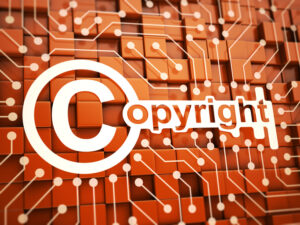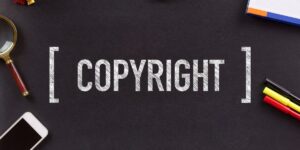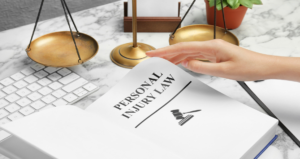With the explosion of the global internet and millions of websites begging for content information, there arises the question of just where is the border between free information and copyright? Research today is a snap, or rather, a query set into a browser followed by “enter”, and tens or hundreds of thousands, even millions of related information websites appear. Just click and presto, you have information on your screen. But, is it free or is it copyrighted?
For most cases, information on a website is copyrighted. You can scroll down to the footer of most websites and find a copyright notice, or there may be a more visible warning posted. Some even have small banners for protection services like CopyScape on their website pages. Owners can check with this type of service and instantly see if any information contained on their website is appearing elsewhere, and from there they can pursue the copyright issue with offending websites.
There are services available that provide original written material for website content. Care is taken at those sites to check for any text infringements before content is released. This makes sense, because information production involves, time, talent, money, and ideas. It would be very wrong to just steal someone else’s work, same as stealing physical property. There are principles involved, unless a person is totally unscrupulous and wants to run the risk of lawsuits and possible fines and/or jail time.
Let’s look at definitions to determine where is the border between free information and copyright. Information is of three types: free, open, and copyrighted. Free information is available to be freely used, changed, altered, derived from, and there is no penalty for using it. Open information is available to be used, and free, but it cannot be altered or changed. Copyrighted information is not free and available to use except with specific authorization for use by a licensed or permitted person or business. Authors can post a notice that a copyright work of their own may be reproduced or copied.
Holders of copyrights have monopoly control over their works. Information that is in the public domain is considered free to use however a user wants. If a work has been copyrighted and that term of copyright expires, putting it into the free public domain category, it still can become copyrighted again if the laws change. This would affect all derivative works from it also.
A copyright is a legal term, marked on works with the copyright symbol, a “c” within a small circle. It can be for a period of time and is important to protect monetary rights of the copyright holder on that work. Usually this refers to creative or written works, but can be to other ideas. It is a term for Constitutional protection in the US for original works published or unpublished, and is honored by many other countries, but not all. Besides the written word, it protects music, songs, computer software and architecture. Before using content, be sure it is free, not copyrighted. Additional copyright information is available online at the US Copyright Office.











